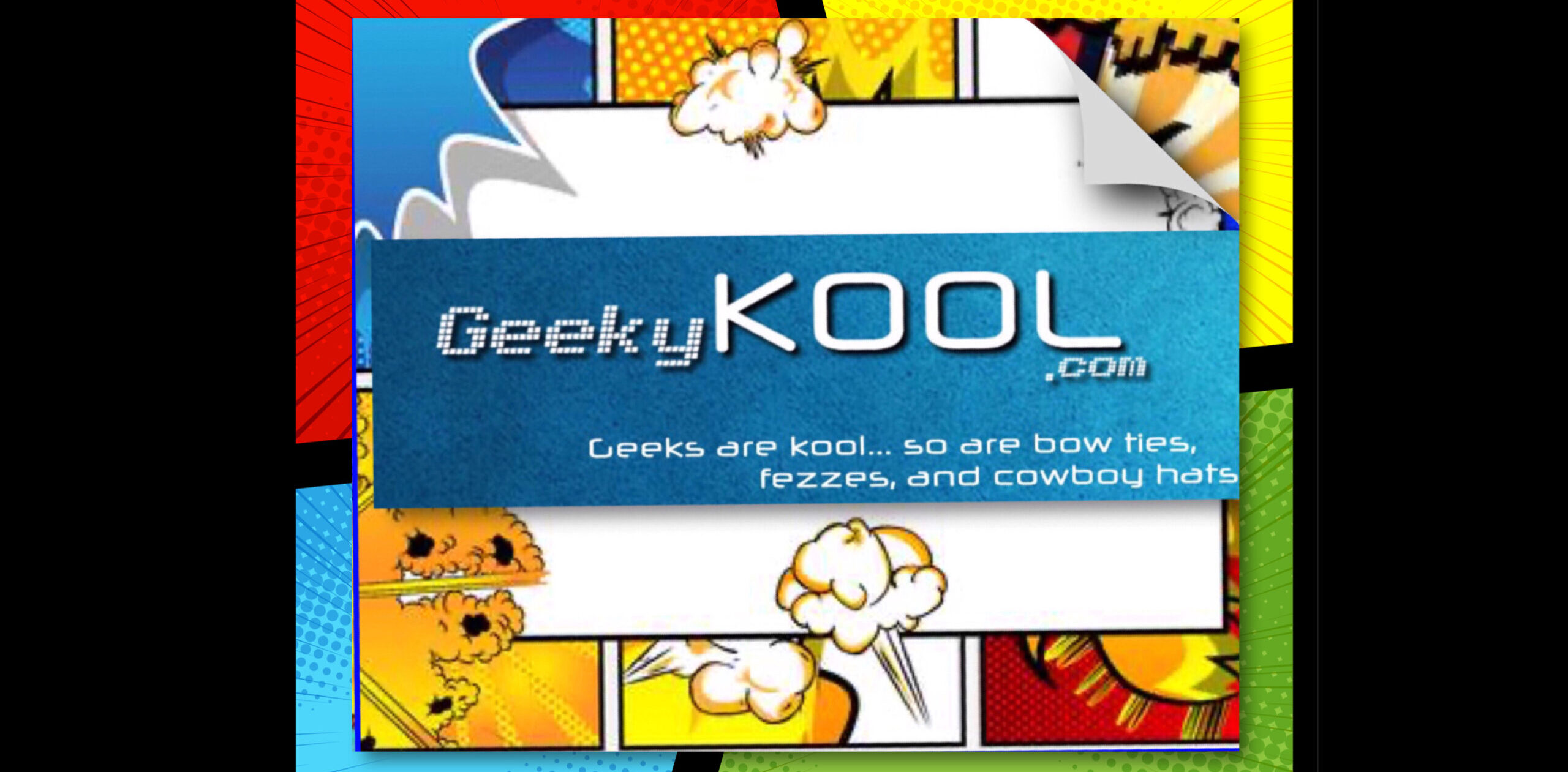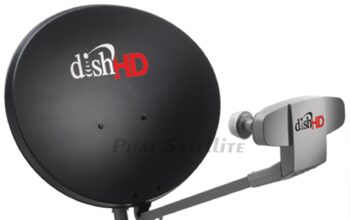Looking for a new phone? With so many operating systems on the market choosing hardware can be a hard task. Luckily, I have done extensive research on the current state of the market and am going to share with you what I know. I’ll break this down by OS (operating system) so that you can find the phone best suited for you.
Windows Phone

Pluses
- Interface: This is the easiest to use of all the mobile OS offerings. It can be hard to use at first, but I used a skinned version of metro (the tile interface) on my android for quite some time and enjoyed it immensely. I would suggest that you try it out in the store before buying it though, because of how different it is.
- Integration: The next update to the phone (Windows Phone 8) will be platform ubiquitous. This will make sharing data easier with any windows device you may own.
- Gaming: Microsoft is very focused on gaming, and the integration with Xbox sings to this. Games earn you achievement points, which everyone loves.
Minuses
- Interface: Although this interface is pretty and easy to use, it is also very simple, and can sometimes have configuration issues (tiles not being able to re-size). It can also be hard for users to move from one of the other OS offerings to this. Also, buying a current Windows phone is going to be pointless in the near-term, as the most recent update to the OS (Windows 8) won’t be put out on legacy devices.
- Integration: The only devices using a metro interface in the near future are the phone and the Xbox. Microsoft has announced a tablet, and the Windows 8 OS is getting fairly good reviews in the tech press, but both are a ways off.
- Apps: The marketplace for apps is getting more robust by the day, but is still missing some key apps.
Hardware
Because Microsoft’s manufacturing partners haven’t announced what devices are coming out with the updated OS (and since no legacy phones will get the new update), the market on phones that I feel comfortable suggesting to you, is completely empty at the moment. On a better note, Microsoft knows that it needs to stay competitive and the price of hardware has historically been the best way to compete in such a saturated market.
iPhone

Pluses
- Integration: If you have pieces of tech in the iOS ecosystem (MacBook, iMac, iPad, Apple TV, etc…) then this is the phone you should be buying. All of these devices work seamlessly with each other.
- Apps: iOS gets almost every app first.
- Interface: anyone from a child to an adult can use this interface very easily.
- Music: This is simply the best interface of any music player, hands down.
Minuses
- Integration: If you are trying to interface an Apple device with a non-Apple device it is going to be slow, clunky, and very frustrating.
- Interface: The app drawer is the home screens; this creates a cluttered feel that can be frustrating at times. Also, you cannot change default programs (e.g.- to use another web browser or email app you have to click on the app, and any link between apps will just launch Apple’s default bloatware instead of your preferred app.). Also, to register your phone (which is required when you purchase an iPhone), you must give Apple your credit card number.
- Gaming: Steve Jobs didn’t care about capitalizing on the mobile gaming market, and it shows. Apple is reversing this stance against gaming, but is doing so slowly.
Apple has a long history of an almost malevolent relationship with legacy users. Often times Apple will put neat new features on only the newest of phones, while refusing to update older hardware. They have even gone so far as to remove new features from last gen phones (Siri was briefly on the iPhone 4 before Apple yanked it in favor of their newer hardware). The cost of Apple’s hardware is also not a sticking point; Apple products are expensive as all get-out. For the price of the hardware, you are also not getting much. Apple has a history of having a pretty display with yesteryear’s hardware behind it.
Android

Pluses
- Apps: the Android OS has all of the major apps, and a lot that apple doesn’t. You can also take advantage of multiple app stores, and third party apps like game emulators.
- Interface: With launcher apps, you can make the interface look like whatever you want. And, although the latest updates aren’t received for every device, Google is excellent about supporting legacy hardware/software.
- Gaming: While not as integrated as Windows Phone, third party apps like game emulators make this the one of the premier mobile gaming devices.
Minuses
- Integration: This isn’t necessarily a minus, but its not a plus either. Only through app proxy, or making your device function as if it was a USB drive, can you interface it with any device.
- Interface: The interface on most devices is skinned over the stock Google OS by the hardware manufacturer, and most devices won’t ever receive OS updates.
Hardware
Below I have included a list of links to various phones that I would suggest looking at, when making your buying decision.
- Samsung Galaxy Note: This is my favorite of all the android phones. It combines what is useful about a tablet, and handy about a phone together.
- Samsung Galaxy S III: This is Google’s flagship phone, and as such is always at the leading edge of every other phone on the market.
- HTC One X: This is HTC’s flagship android phone and it really shows. The hardware specs are amazing, and their interface has never looked better.
- Pantech Burst: I have never liked Pantech, they have always seemed like cheap ripoffs. That said, my wife got this as her first smartphone, and I was very impressed. Not only is it affordable, it’s also a really great phone for the price.
- Motorola Droid Razr Maxx: This has the best battery life of any new android phone on the market. It also has impressive hardware to boot.
———————————————-
If you have any questions/comments/corrections feel free to email me at aaron.geekykool@gmail.com



